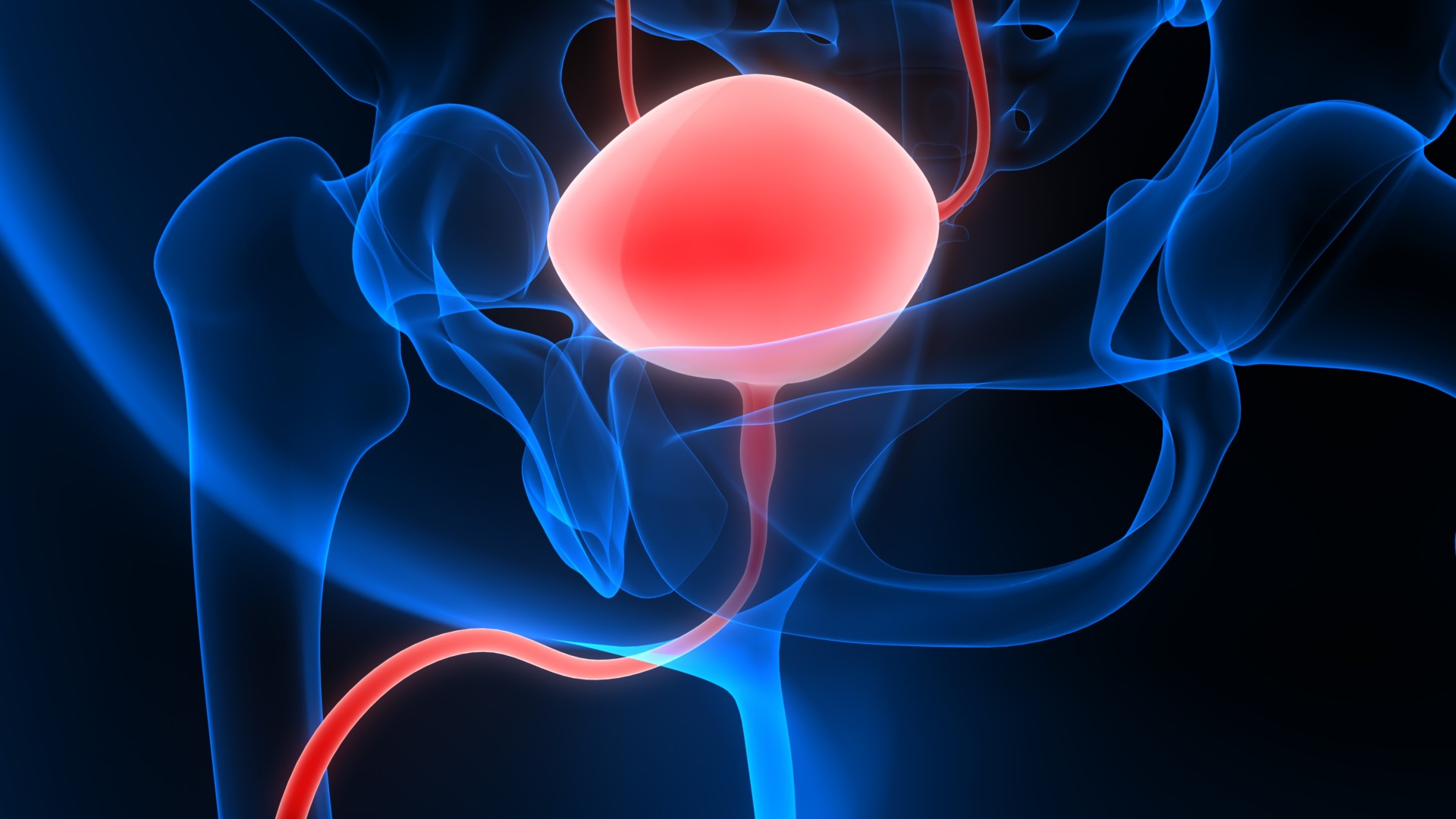01 May 2023 | Monday | News

Image Source | Public Domain
Study results of novel drug-eluting technology highlight potential durability of TAR-200 in patient population with high unmet need
The Janssen Pharmaceutical Companies of Johnson & Johnson announced today the first results from the open-label Phase 2 SunRISe-1 study evaluating the efficacy and safety of TAR-200 monotherapy (a novel investigational intravesical drug delivery system) and cetrelimab monotherapy (an investigational anti-PD-1 monoclonal antibody administered intravenously) in patients with Bacillus Calmette-Guérin (BCG)-unresponsive high-risk non-muscle-invasive bladder cancer (HR-NMIBC), who are ineligible for, or decline, radical cystectomy. The study demonstrated that 72.7 percent of patients treated with TAR-200 alone (95 percent confidence interval [CI] 49.8-89.3) and 38.1 percent of patients treated with cetrelimab alone (CI 18.1-61.6) achieved the primary endpoint of a complete response (CR). These data were featured today in a Late Breaker Podium Presentation Session (Abstract #LBA02-03) at the American Urological Association Annual Meeting (AUA).
"We continue to see significant unmet need among high-risk patients with non-muscle-invasive bladder cancer, who often experience negative outcomes and poor quality of life with existing standard of care treatments, such as radical cystectomy," said Siamak Daneshmand*, M.D., Professor of Urology, Director of Urologic Oncology at the Norris Comprehensive Cancer Center, Keck School of Medicine of University of Southern California and SunRISe-1 study principal investigator. "As a clinician, my ultimate treatment goal is to achieve deep and durable responses in these patients. It is encouraging to see an improvement among those treated with TAR-200 alone, as well as cetrelimab alone, and we look forward to reporting on results from the study cohort that is evaluating these two treatments in combination in the future."
HR-NMIBC includes lesions confined to the bladder mucosa and has a higher likelihood of local recurrence and distant progression to other parts of the body.1 HR-NMIBC is typically treated with BCG – a type of intravesical immunotherapy – as the standard of care. BCG involves injecting a weakened form of tuberculosis bacteria into the bladder, stimulating the immune system to attack the cancer cells; however, approximately one-third of HR-NMIBC patients will not respond to the treatment. For BCG-unresponsive patients, there is an anti-PD-1 monoclonal antibody as an alternate, approved treatment option.2,3,4 NMIBC represents some 70 percent of newly diagnosed bladder cancer cases, of which 10 percent are carcinoma in situ (CIS), early cancer cells confined within the innermost layer of the bladder lining; 50 percent of all cases of CIS will progress to muscle-invasive bladder cancer (MIBC) within 5 years if left untreated.5,6
TAR-200 is a novel investigational intravesical drug delivery system designed to provide sustained local release of gemcitabine into the bladder urine. Cetrelimab is an investigational anti-PD-1 monoclonal antibody administered intravenously. The SunRISe-1 study evaluated patients with histologically confirmed CIS, with or without concomitant high-grade Ta (CIS) or T1 (CIS cases with higher risk of progressing to MIBC) papillary disease, a type of NMIBC. Patients were randomized to one of three cohorts: treatment with TAR-200 in combination with cetrelimab (Cohort 1 [C1]), TAR-200 alone (Cohort 2 [C2]) or cetrelimab alone (Cohort 3 [C3]). C2 and C3 results were reported at AUA with C1 results to be reported at a future date. The primary endpoint of CR at any time was determined by cystoscopy, central cytology, and central pathology (Weeks 24 and 48). Secondary endpoints included duration of response (DOR), overall survival (OS), pharmacokinetics, quality of life, safety, and tolerability.
Preliminary results of the SunRISe-1 study included 23 evaluable patients in C2 and 24 evaluable patients in C3. After median follow-up of 10.6 months, 15 of 16 responses in C2 are still ongoing; median DOR was not reached. Additionally, six of the patients in C2 maintained their response beyond 12 months and none of the complete responders had documented recurrence or progression.
The initial findings from SunRISe-1 showed low rates of grade three or higher adverse events (AEs) and a limited number of treatment discontinuations due to adverse events were observed with TAR-200. The most common AEs were pollakiuria (34.8 percent), micturition urgency (34.8 percent), dysuria (26.1 percent), and noninfective cystitis (21.7 percent) in C2; pruritus (20.8 percent) and diarrhea (20.8 percent) occurred in patients in C3. Seven patients in C2 (30.4 percent) and two patients in C3 (8.3 percent) had AEs that were grade three or higher.
"Our ambition is to improve the lives of patients living with non-muscle and muscle-invasive bladder cancers and redefine the treatment of this disease in the future," said Christopher Cutie, M.D., Vice President, Disease Area Leader, Bladder Cancer, Janssen Research & Development, LLC. "With the innovative TAR-200 intravesical drug delivery system, we are committed to advancing bladder cancer treatment across the spectrum of this disease, and we look forward to providing further updates from our robust SunRISe clinical program."
Bladder cancer is the sixth most common cancer in the United States, with more than 80,000 patients diagnosed annually, and is the tenth most common cancer worldwide, with more than 600,000 patients diagnosed each year.6,7Bladder cancer occurs when cells in the bladder tissue grow uncontrollably, often forming a tumor that can then spread to other parts of the body if left untreated. Non-muscle-invasive bladder cancers are limited to the urothelium, the innermost layer of the bladder, and may be less aggressive than muscle-invasive bladder cancer, a type of cancer that arises from the muscular layer of the bladder or has grown beyond the urothelium and is more likely to spread to other parts of the body.8
© 2026 Biopharma Boardroom. All Rights Reserved.